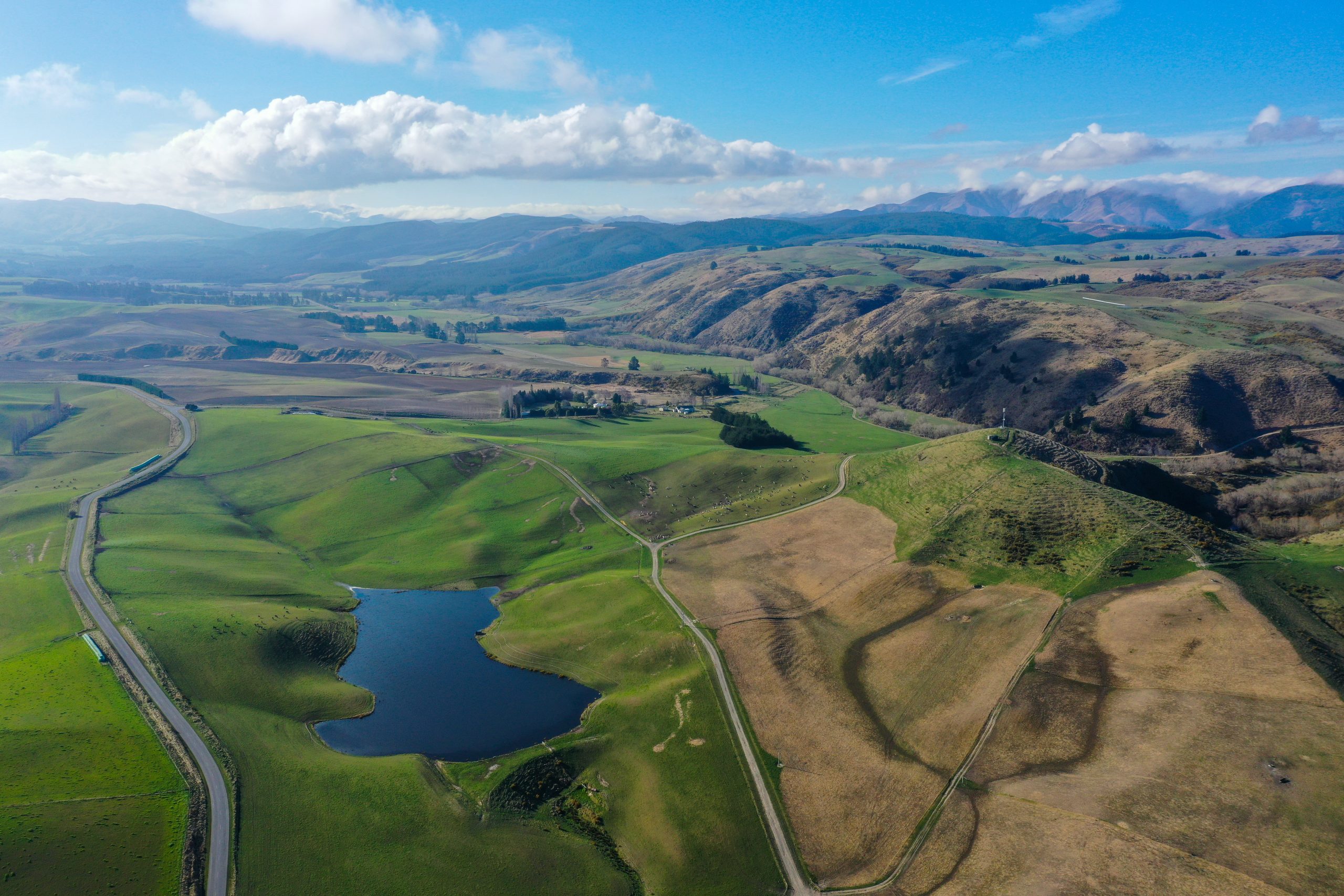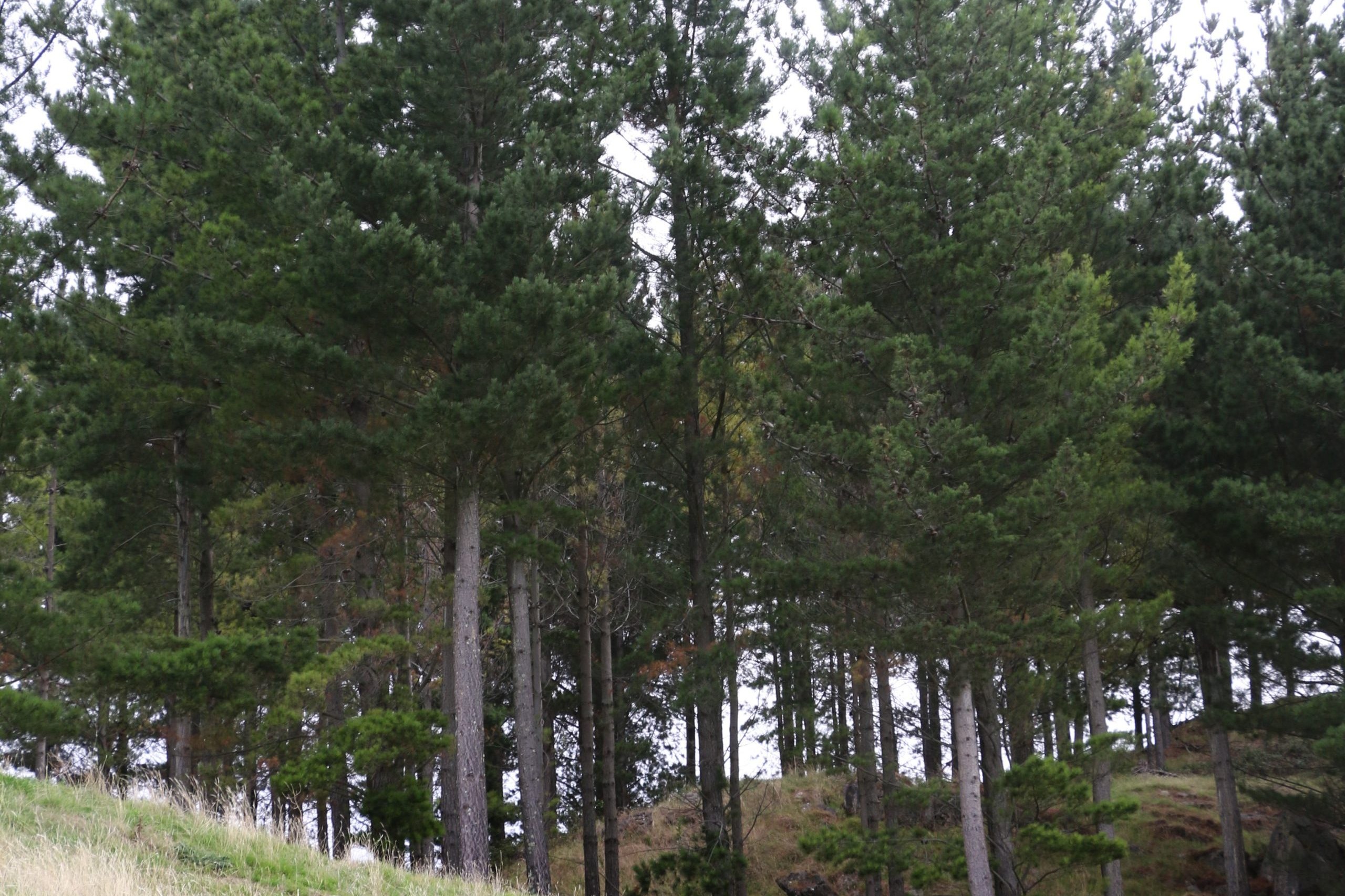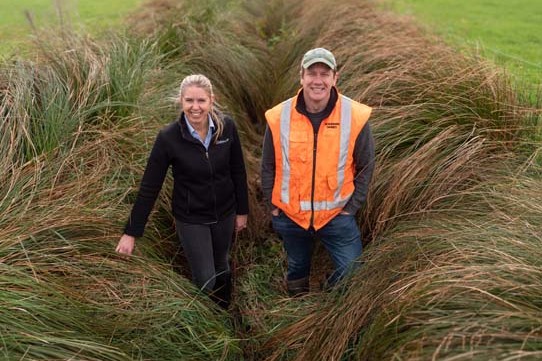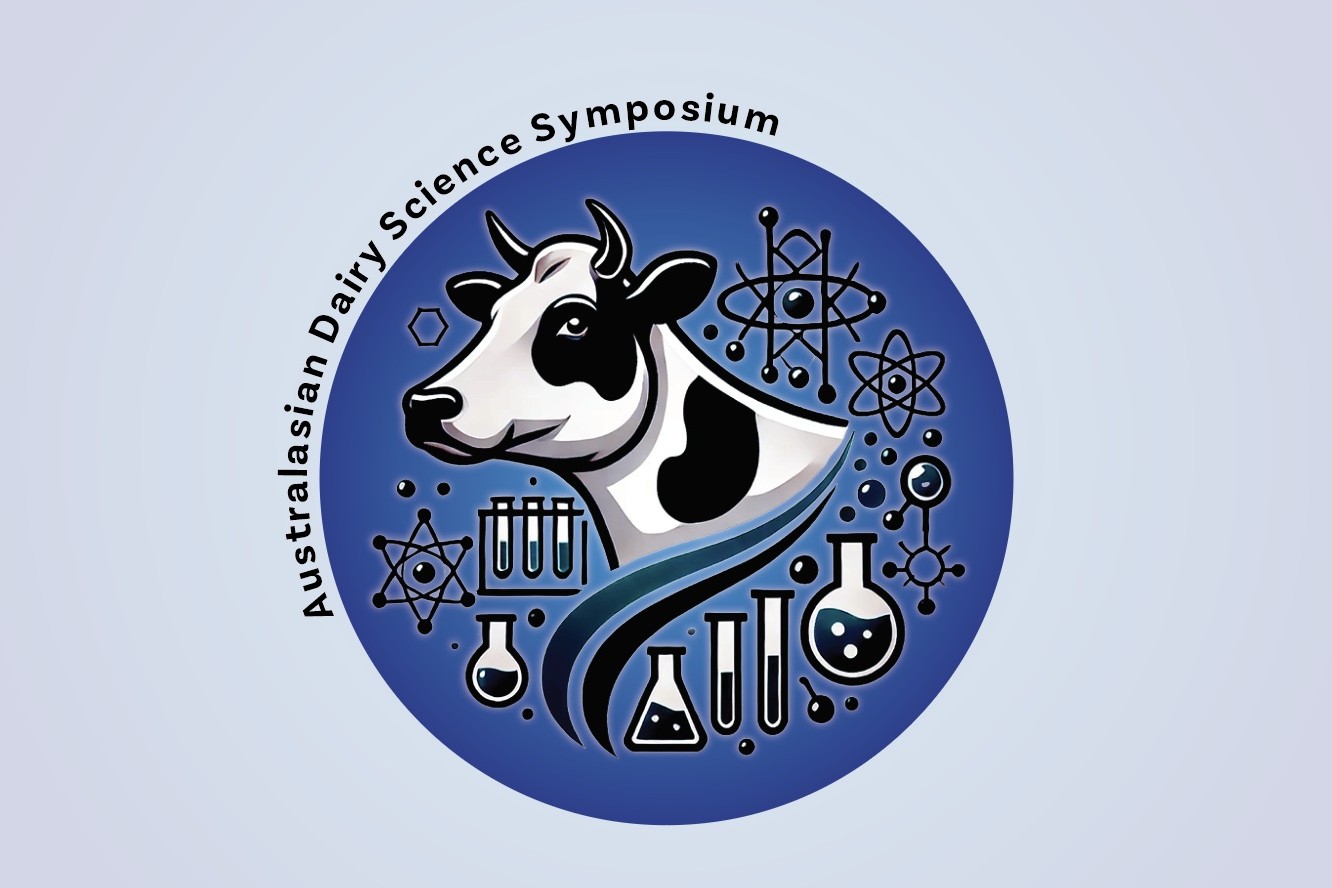A new survey of farmers in Aparima, Southland, shows farms achieve better environmental results when they have farm environment plans (FEPs).
Six hundred dairy, sheep and beef farmers work together in the Aparima Community Environment Project. The aim is to improve the health of freshwater and reduce farmers’ environmental footprint.
A recent survey of 151 Aparima farmers showed 80% have FEPs – an increase of 23% on last year. The survey also highlighted that farmers with environment plans are more likely to implement a range of good farming practices.
“These survey results show how serious farmers are about taking care of the environment,” said Otautau dairy farmer Edwin Mabonga, from mid-Aparima.
Of the farmers surveyed, 95% have excluded stock from waterways – up 4% on last year. Eighty-seven percent use nitrogen fertiliser strategically – up 4% (this means using fertiliser only as needed to maximise pasture uptake and only on certain parts of the farm).
“Farm environment plans identify environmental risks and management options on the farm and contribute to improving water quality and other environmental benefits,” said Edwin.
“They are living, breathing documents that help farmers achieve better environmental outcomes.”
Plans must include actions to reduce farm sediment and nutrient loss, outline how wintering rules will be implemented, and where to riparian plant and fence. The plans are reviewed annually.
Thousands of farms already have a comprehensive FEP and sector groups are continuing to further develop them as an effective way to accelerate further improvements.
Farmers in the Aparima Community Environment Project are making significant changes, which illustrates the type of innovation and commitment needed to surpass good management practices and set farmers in good stead for future.
Edwin said his FEP ensures all his team know and understand the way the environment is looked after on the farm. “For us a big benefit is to have everyone on the farm thinking environmentally.”
‘A farm environment plan helps ensure good farm management practices, and to identify and manage any potential issues.’
Edwin and his wife Fungai are equity partners and have been carrying out farm riparian planting for 10 years.
All staff are involved in tree planting, which gives them a sense of ownership in the environmental work, he said.
Aparima sheep farmer Leon Black said it’s great to see environmental practices are continually improving as a result of targeted farm plans.
“Caring for the environment is a core plank of a farming business,” said Leon. “A farm environment plan helps ensure good farm management practices, and to identify and manage any potential issues.”
Key initiatives Leon and his wife Wendy carry out on their 370ha farm include planting about 300 trees a year, providing shelter and shade for stock. The farm has been in the family for almost 100 years.
The Aparima Community Environment Project is led by farmers and supported by DairyNZ, Beef + Lamb New Zealand, Environment Southland and Fonterra.
About the Aparima Community Environment Project
This large-scale project began in 2018 and involves 600 farmers in the Aparima, Pourakino, Waimatuku and coastal Longwood catchments, addressing water quality issues and reducing farmers’ environmental footprint.
Of the 600 farmers – 216 are dairy farmers, 384 are sheep and beef farmers.
The project involves farmers, land managers, extension experts and scientists working together to identify, implement and track environmental actions.
Through modelling and monitoring, the actions of every FEP will be linked to demonstrated changes in water quality outcomes.
Highlights of farmer survey
- 95% have excluded stock from waterways – up 4% on last year.
- 87% use nitrogen fertiliser strategically – up 4% on last year (using amounts only as needed to maximise pasture uptake and only on certain parts of the farm).
- 80% recycle chemical containers – up 6%.
- 78% leave ungrazed buffers around critical source areas – up 7% on last year (this involves protecting low-lying parts of farms, such as gullies and swales where runoff accumulates).
- 77% use Spreadmark accredited equipment/contractors – up 3%.
- 74% do paddock scale soil testing – up 6%.
- Find out more about Farm Environment Plans at dairynz.co.nz/fep or beeflambnz.com/farm-plans





